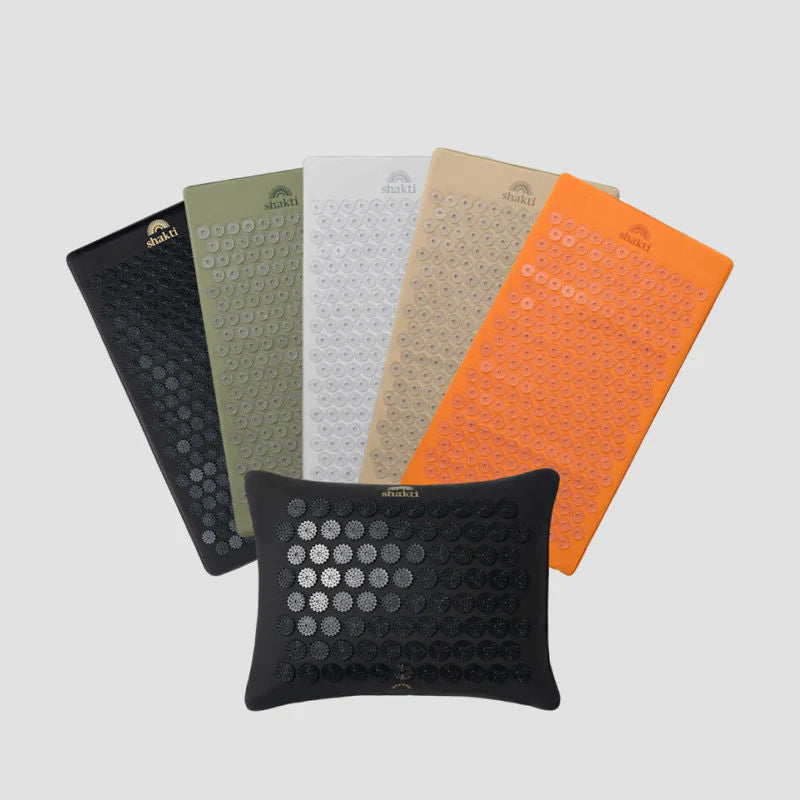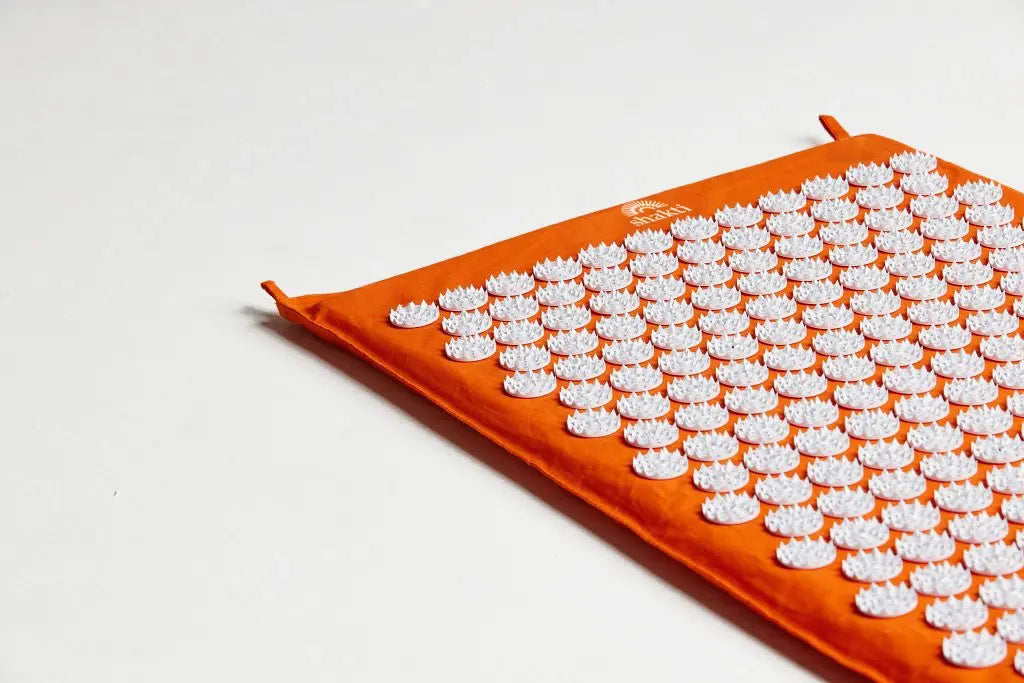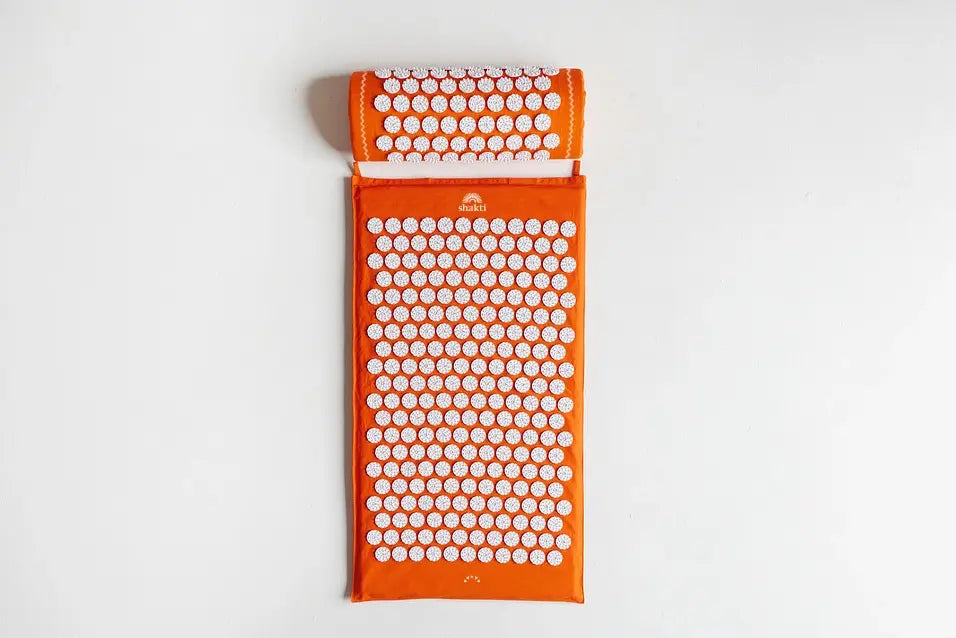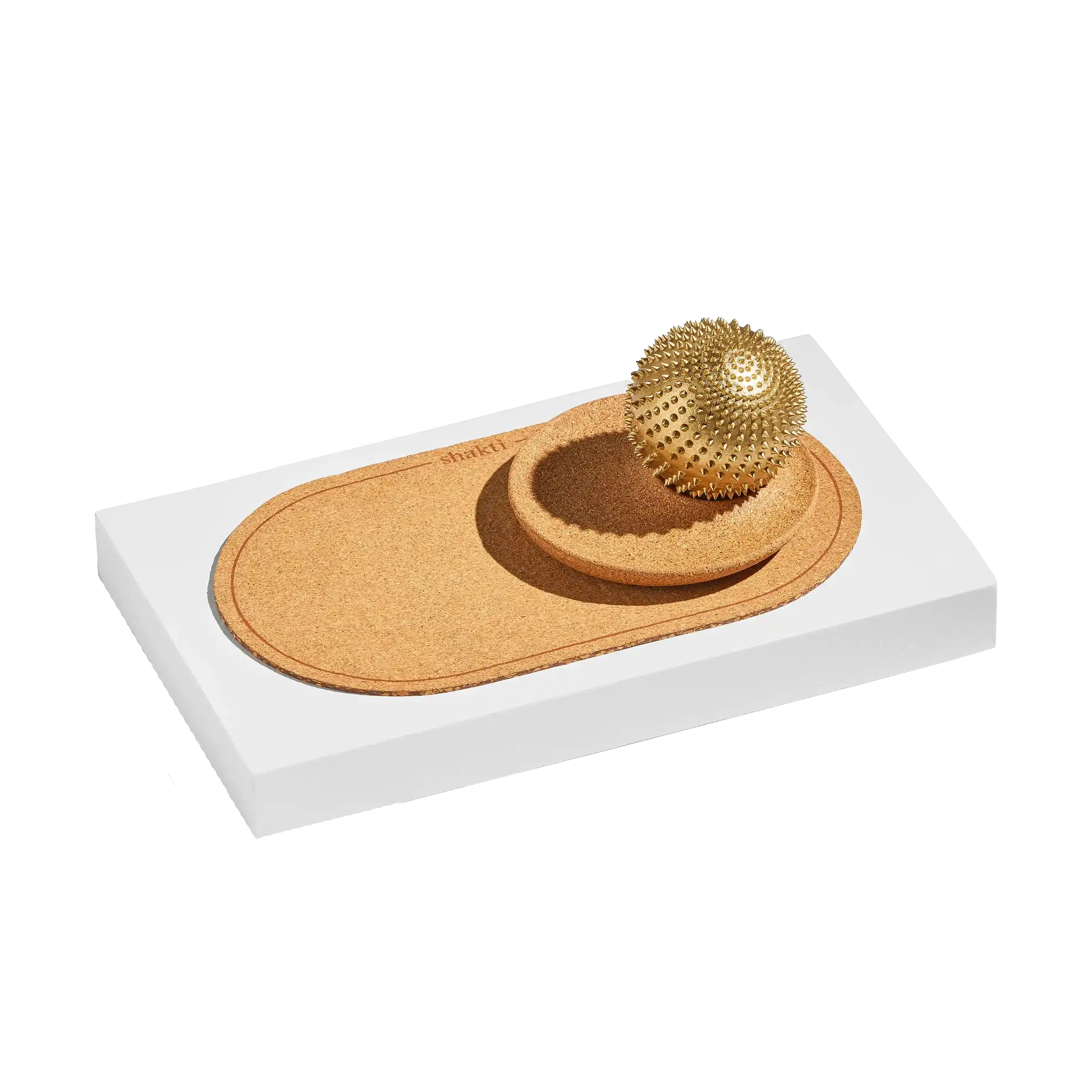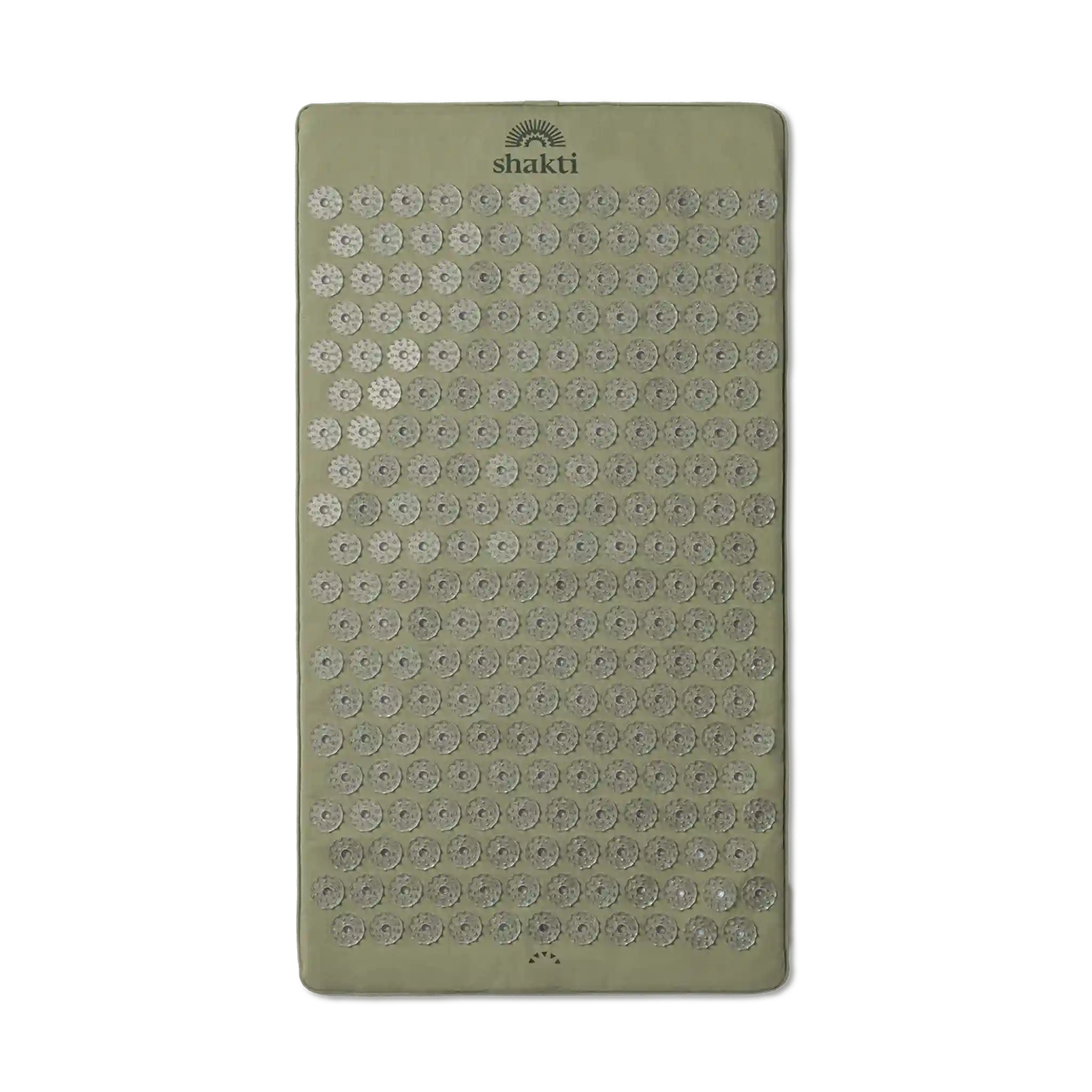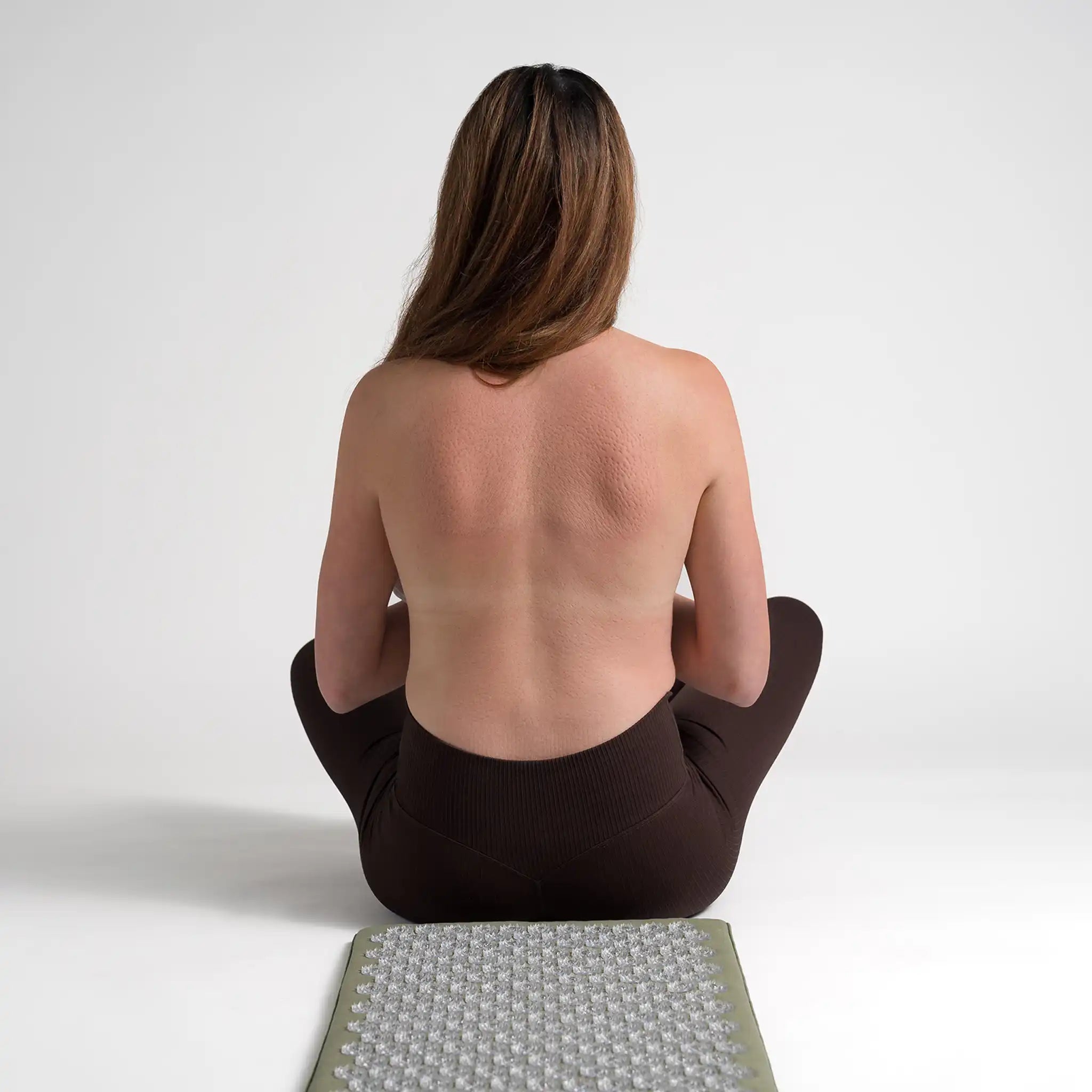Do you toss and turn from side to side in bed and can't get a good night's sleep even after what feels like the thousandth sleep? Then you're not alone: according to estimates, sleep problems affect around one in three people in Germany. Although occasional problems with falling asleep and staying asleep are nothing to worry about, the resulting lack of sleep can significantly affect your performance, motivation and quality of life.
In our article, you can find out which factors disturb your sleep and which tips you can use to effectively counteract your sleep problems.
Content
1. sleep problems: causes lie in the psyche, body and environment
2. sleep problems: symptoms can put a strain on your everyday life
3. sleep problems - what to do?
4. sleep problems: Which doctor can help you if the worst comes to the worst?
5. restful nights, active days
Sleep problems: causes lie in the mind, body and environment
The human body needs sufficient sleep to regenerate and prepare for the day ahead. While children from the age of six rest for an average of nine hours a night, adults often get enough sleep for around seven hours. However, stressful events, worries, stress and physical and external aspects can lead to the well-deserved slumber being disturbed or, in the worst case, even failing to materialize.
One of the main reasons for sleep problems is undoubtedly stress: Separation from your partner, illness in the family or pressure at work prevent you from "winding down" in the evening. The stress hormone cortisol keeps the mind active, delays falling asleep and reduces the quality of sleep. But spiraling thoughts caused by other emotional stresses can also cause inner restlessness and sleep problems.
Typical physical causes of sleep disturbances include, for example, the urge to urinate at night, hot flushes, restless legs (restless legs syndrome), teeth grinding, snoring or excessive alcohol and drug consumption. Hormonal changes can also be responsible for restless nights: For women, sleep problems are commonplace during the menopause - as the menopause is often accompanied by hot flushes and night sweats. An overactive or underactive thyroid gland can also contribute to sleep problems, as the metabolism and heart rhythm are affected.
Last but not least, the causes of sleep disorders are often based on external factors or changes in everyday life. Particularly worth mentioning here are
- Sleep problems during pregnancy due to uncomfortable sleeping positions, hormonal changes or worries
- Sleep problems after exercise due to the release of stimulating hormones such as adrenaline
- Sleep problems after quitting smoking due to nicotine withdrawal
- Sleep problems during fasting due to lower blood sugar levels and feelings of hunger
- Sleep problems with a cold, triggered by discomfort, blocked airways, cough or fever
- Sleep problems in summer due to the heat, increased brightness and altered sleep patterns
Sleep problems: symptoms can put a strain on your everyday life
Do you always struggle with sleep problems during the full moon? Or do the sleep problems caused by worries prevent you from sleeping through the night? Whatever the cause of your constant wakefulness, irregular sleep rhythm or long sleep time - if you have problems sleeping at least three nights a week for more than a month, experts speak of a sleep disorder. The latter can affect your entire daily life and your physical health: You feel exhausted during the day and your ability to concentrate and perform decreases.
As your body uses the night's rest to repair damaged cells, regulate your metabolism and strengthen your immune system, a lack of sleep can lead to an increase in infections and general weakness. Other physical complaints such as severe headaches or hormonal imbalances are also possible symptoms of a sleep disorder.
This makes it all the more important to act correctly in the event of such problems and do everything in your power to glide effortlessly and deeply into the land of dreams again. The following tips will help you do just that!
Sleep problems - what to do?
Forcing a restful night's sleep with artificial sleep aids is not a good idea in most cases - because there are a variety of gentler ways to help you improve your sleep. For example, you can change your sleeping habits, try out relaxation techniques and home remedies or learn new strategies to reduce stress and overcome your fears and insecurities.
Sleep problem tips: How to get to sleep more easily
Your journey to a refreshing sleep experience starts with removing any stumbling blocks and taking care of the right sleep hygiene.
Turn your bedroom into an oasis of calm, ensure a pleasant temperature and a relaxed atmosphere - for example with calming fragrances from a diffuser or meditation music. This also applies to your children: highly sensitive children in particular suffer from sleep problems as they react more strongly to sensory and emotional stimuli. By creating a quiet, safe atmosphere, you can help them to fall asleep more easily and sleep through the night. Avoid bright screens from smartphones, tablets etc. just before bedtime and make sure you use breathable bedding to prevent excessive sweating. Your evening routine also plays a decisive role in whether or not you develop insomnia. Treat yourself to light food for dinner and preferably choose drinks without alcohol and caffeine.
Home remedies for sleep problems
Sleep-promoting home remedies have been passed down for generations and are a gentle way to prepare your body and mind for a good night's sleep.
A glass of warm milk before going to bed has a calming effect thanks to the minerals it contains and conveys a feeling of security. The warmth in the stomach can help to relieve tension and ease the transition to sleep.
Chamomile and valerian teas or tinctures are also known for their ability to calm the nervous system. Tension on a physical level that leads to difficulties falling asleep can be relieved with a warming bath or shower before going to bed.
Magnesium & melatonin for sleep problems?
The body's own hormone melatonin plays a central role in regulating your sleep-wake cycle. Melatonin production depends on factors such as your biological clock or the amount of light: If it is dark, the level of melatonin in your body increases and makes you sleepy. For this reason, melatonin supplements are often used as a natural sleep aid - whether for jet lag, a disrupted sleep-wake cycle or other sleep disorders. However, you should discuss the use of melatonin supplements with a specialist, as the correct dosage is crucial.
The essential mineral magnesium also proves to be a key component for restful sleep. Through its direct role in muscle relaxation, it helps your body to rest at night, relieve physical tension and prevent sleep problems from arising in the first place. Magnesium also influences the nervous system by regulating neurotransmitter activity and alleviating stress reactions. Particularly exciting: magnesium is closely linked to the production of melatonin.
The body scan meditation
Body scan meditation is about being aware of your body and establishing a connection to every single sensation. The resulting deep relaxation is an excellent preparation for a healthy sleep.
Lie on your bed, stretch out your legs and place your arms next to you with your palms facing upwards. Close your eyes and begin to slowly and consciously move your attention from your toes through your whole body to your head. Stay in the individual regions of your body, breathe into them and relax them.
Take the time to really feel and perceive what is happening in each segment. This will lead you to a pleasant heaviness and hopefully a restful sleep!
Additional tip: The body scan can be performed wonderfully on your Shakti Mat, which you simply place on your bed. Essential oils from a diffuser, such as camomile or lavender, provide that extra feeling of well-being.
Progressive muscle relaxation to help you fall asleep
Progressive muscle relaxation is a technique developed by the American physiologist Edmund Jacobson and is ideal for eliminating your problems falling asleep and staying asleep. The basic principle of progressive muscle relaxation is that you can relax your muscles much better if you tense them in advance. You carry out this conscious tension from muscle group to muscle group - starting with your hands by clenching them tightly and releasing the tension again. Then move on to your arms, face, neck, back, abdomen, pelvis and finally your legs and feet. With each tension and the subsequent relaxation, you will feel how the stresses of the day fall away from you and your inner system with blood pressure, pulse and breathing calms down and comes into a harmonious rhythm.
Acupressure mat for better sleep
Acupressure has always been used successfully to treat sleep-related problems. If you want to benefit from the advantages of this method at home and improve your sleep, you can use an acupressure mat: The countless nubs activate key areas of your back to release tension and lull your body to sleep. This method can reduce stress and anxiety while improving your blood circulation. Blood circulation and the release of certain hormones in turn support your body's natural regeneration and healing processes.
You can find out more about the specific use of an acupressure mat for sleep disorders in our detailed blog article.
Sleep problems: Which doctor can help you if the worst comes to the worst?
Unfortunately, there is no general answer as to when you should see a doctor if you have sleep problems. Experts speak of a sleep disorder as soon as the symptoms persist for more than a month. It is best to listen to your gut feeling and talk to a specialist you trust at the latest if the problems do not go away despite following the tips. Your family doctor's surgery is usually the first port of call. Depending on the cause of your sleep disorder, you may be referred to experts such as a neurologist, psychologist, internist or ENT specialist.
Relaxing nights, active days
In the modern world, problems falling asleep and staying asleep are a stressful reality for many people. The consequences of chronic sleep deprivation go beyond mere exhaustion and can have serious health consequences. Fortunately, you can permanently eliminate sporadic or mild sleep disorders with consistent sleep hygiene and various approaches such as meditation, acupressure, a healthy diet or home remedies - and lay the foundation for increased sleep quality and thus a more vital life through conscious routines.


